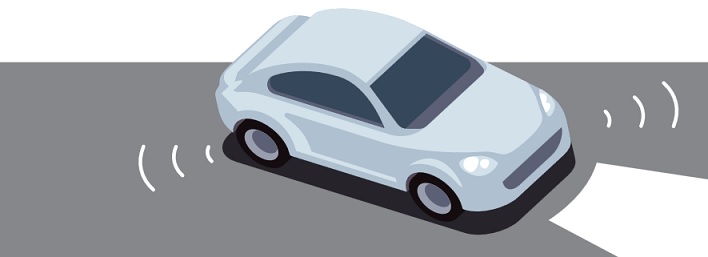ITSdigest
A new report by Madrona Venture Group predicts that a significant number of autonomous vehicles will be driving on US roads by 2025 or earlier.

Tom Alberg and Daniel Li of Seattle's Madrona Venture Group teamed up with Craig Mundie, the former Strategy and Research officer of Microsoft, to write the report, entitled Convert I-5 into an Autonomous Vehicle Corridor, which also predicts that autonomous vehicles will play a major role in travel from Seattle, WA to Vancouver, BC.
The report states: "Given the pace of progress, we are confident that we will have a significant number of autonomous vehicles on our roads in the next five to ten years, and we need to plan for that future now. We propose that by 2040, at the latest, all of I-5 be completely autonomous, and no human-driven cars be allowed on the highway. This would reduce congestion, reduce emissions, make it easier to platoon vehicles (enabling autonomous vehicles to travel at high speeds with little space between vehicles), and reduce traffic accidents and fatalities."
Madrona recommends this ambition vision to be phased-in incrementally. The first step would allow autonomous vehicles in HOV lanes, followed by a dedicated lane to autonomous vehicles, and finally expanding until all lanes are autonomous only.
The report continues: "A dedicated lane (each way) for autonomous vehicles could occur as soon as we have a significant number of such vehicles on our roads which could be 2025 or earlier if a tipping point has occurred. We can imagine that limiting non-autonomous vehicles to one lane on I-5 could occur beginning in 2030 ..."
Madrona says we will likely have the technology to operate fully autonomous cars in the next 3 years, noting that Tesla claims to be able to deliver fully autonomous vehicles later this year.




